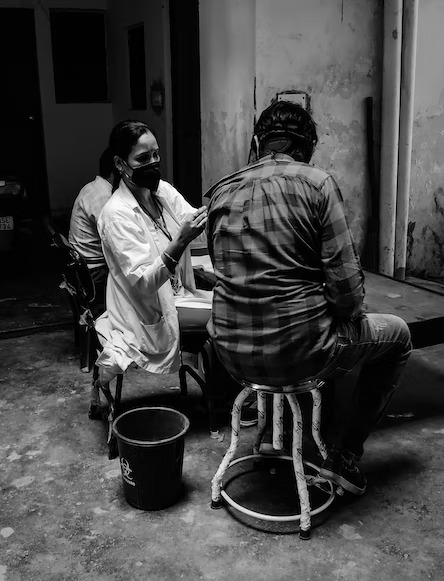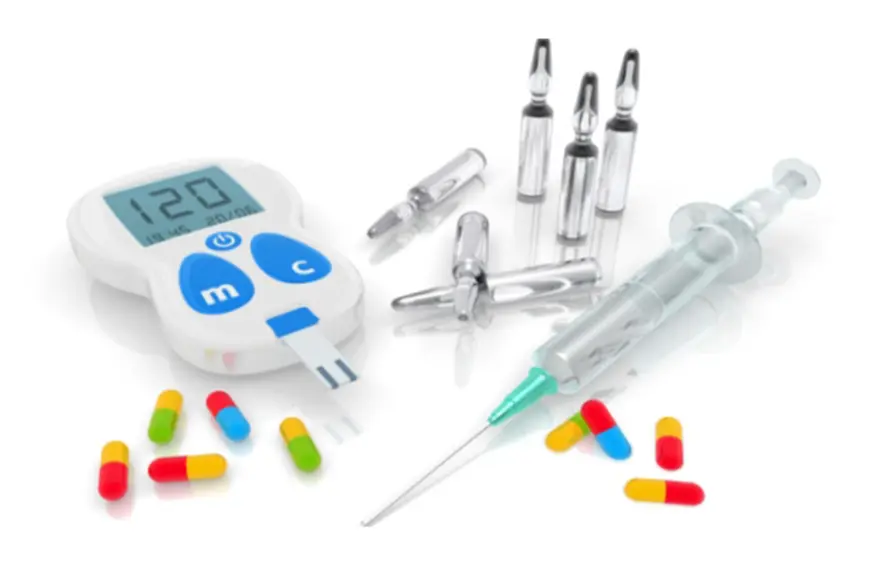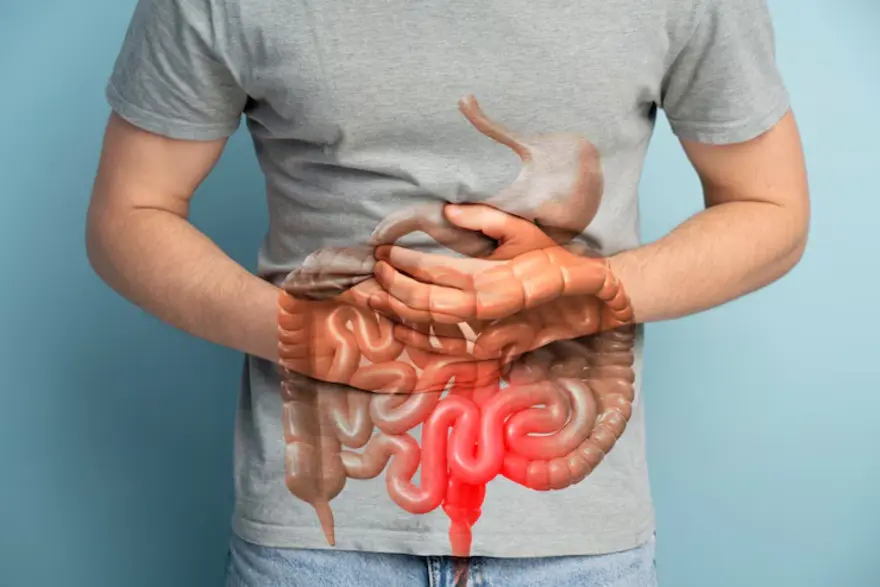Preventive Healthcare
The 5 Most Common Water-borne Diseases and How to Avoid Them
10216 Views
0

Did you know that around 2 billion people worldwide consume contaminated water? Not only that, in India, every one person out of 10 lacks access to a pure, clean, and safe drinking water source. Water is critical for life as it reduces the disease burden and improves life expectancy. However, consuming contaminated water causes several water-borne diseases that ultimately lead to significant loss of lives! Typhoid, cholera, giardia, E. coli, dysentery, salmonella, shigellosis, amoebiasis, and hepatitis A are common examples of water-borne diseases.
Here’s a water-borne disease list with symptoms and preventions that you must know to protect yourself.
What are Water-Borne Diseases?
Water-borne diseases are illnesses caused due to ingesting or coming in contact with contaminated water. The contaminated water contains harmful microscopic organisms like bacteria and viruses. The drinking water also gets contaminated when it comes in contact with waste products such as faeces.
In developing countries like India, water-borne diseases are transmitted from unclean water sources like lakes, public tanks, taps, and tube wells. Furthermore, several other water-borne diseases are caused by toxic materials and chemical pollution of the water bodies.
5 Most Common Water-Borne Diseases and How to Avoid Them
Typhoid
Typhoid or typhoid fever is a common infection prevalent in developing countries. This highly contagious disease is transmitted by consuming contaminated food and water. It spreads rapidly due to poor sanitization. Typhoid can have serious health complications and even turn fatal if it isn’t treated properly.
Symptoms
- High fever
- Fatigue
- Muscle aches
- Sweating
- Loss of appetite
- Weight loss
- Diarrhoea or constipation
Prevention and Treatment
The best way to avoid typhoid is to vaccinate when travelling to typhoid-prone areas. To prevent this illness, you must consume home-cooked food and treated water. If anyone gets sick from typhoid, it can be treated with antibiotics.
Cholera
Another illness from the water-borne diseases list is cholera, caused by the bacterium Vibrio cholera. Cholera is restricted to poverty-stricken areas and villages where poor sanitation is prevalent. Contaminated water spreads cholera and causes diarrhoea and severe dehydration. While cholera too can be fatal, only 1 out of 10 people show life-threatening symptoms.
Symptoms
- Dehydration
- Diarrhoea
- Nausea
- Vomiting
- Abdominal pain
- Feeling thirsty
- Muscle cramps
Prevention and treatment
If you are travelling to areas often hit by cholera, you must know about the preventive measures. Wash your hands with soap. Consume hot and fully cooked meals. If you wish to eat salad, choose fruits and vegetables that you can wash, peel, and cut yourself. Only drink the water if you know its source.
Common cholera treatment includes rehydration (drinking lots of water and ORS), intravenous fluids, antibiotics, and zinc supplements.
Dysentery
Among the several examples of water-borne diseases, dysentery is an intestinal infection. This infection is majorly caused due to contact with faecal matter and unsafe water or food. Dysentery is characterized by severe diarrhoea accompanied by mucus and blood in the stool. If someone gets infected with dysentery, they must look at consuming enough liquid immediately. Failing to do so can be life-threatening. The symptoms of dysentery can last for 4 to 7 days.
Symptoms
- Diarrhoea
- Dehydration
- Stomach pain and cramps
- Painful passing of stools
- Bloody stools
- Nausea
- Fatigue
- Fever
- Vomiting
Prevention and Treatment
The preventive measures for dysentery remain similar to other water-borne diseases listed above. You must wash your hands thoroughly with soap several times. Refrain from using ice in your drinks and avoid street food. While travelling to countries or places with a higher risk of dysentery, choose bottled water.
To treat dysentery, your doctor might prescribe rehydration methods to maintain fluids in the body. Other than that, over-the-counter medications and antibiotics can be used to control dysentery.
Giardia
Giardia is an example of a water-borne disease caused by a parasitic infection. A water-based pathogen called Giardia lamblia takes the faecal-oral route and causes contamination, and mainly affects the small intestine. Giardia lamblia is commonly found in animal and human faeces. While ponds and streams remain the major infection points, it is also found in swimming pools and water supply in urban Indian cities.
Symptoms
- Abdominal pain
- Headache
- Cramps and bloating
- Diarrhoea
- Fatigue
- Loss of appetite
- Nausea
- Weight loss
Prevention and Treatment
To prevent Giardia, do not swallow the pool’s water while swimming. Consume bottled water only. For its treatment, doctors generally prescribe antibiotics and anti-parasite medicines, as there is no vaccine for this infection.
Hepatitis A
Being a subtype of the hepatitis virus that transmits through contaminated water, hepatitis A is triggered by consuming contaminated water and food. This water-borne disease causes jaundice and liver inflammation and affects liver function temporarily. However, this infection is not fatal and goes away on its own.
Symptoms
- Sudden fever
- Yellowish skin (due to jaundice)
- Fatigue
- Body pain
- Light coloured stools
- Darker urine
- Abdominal pain (near the liver)
- Nausea and vomiting
- Loss of appetite
Prevention and Treatment
You can get vaccinated to avoid hepatitis A. Avoid eating food at room temperature, and consume hot foods. Do not eat raw meat, rare meat, or runny eggs; stay away from street food.
Someone who has contracted hepatitis A must avoid alcohol, take rest, and drink plenty of fluids.
Conclusion
Several parts of the world are affected by water-borne diseases. It is rampant in places where people lack basic knowledge about such examples of water-borne diseases. Now that you know about the water-borne diseases list, you can take preventive measures to keep yourself safe. The most common prevention methods include washing hands regularly with soap, drinking clean and treated water, consuming hot meals, cleaning washrooms and toilets with detergents, eating in good and clean restaurants, and avoiding ingesting the swimming pool water.
Reach out to our health experts at Metropolis Healthcare if you are experiencing any of the symptoms mentioned above. Also, contact us for an affordable home blood collection service.
 Home Visit
Home Visit Upload
Upload














1701259759.webp)









 WhatsApp
WhatsApp